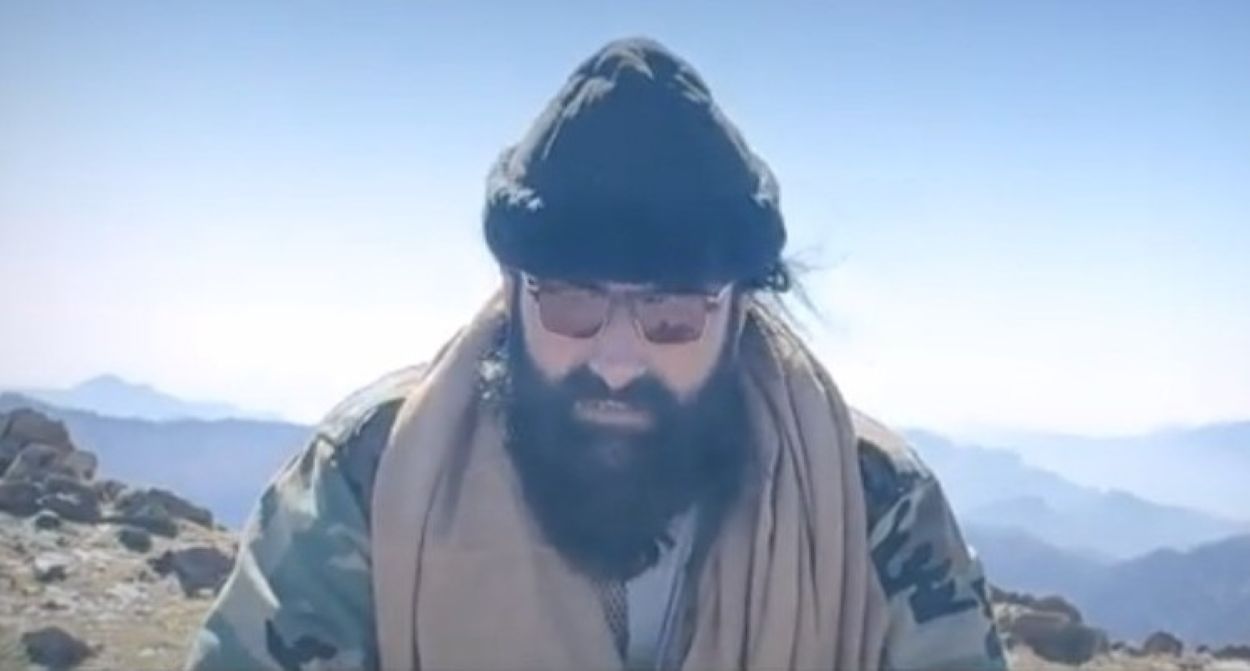Islamabad: As Pakistan and Afghanistan grapple with their most serious border clashes in decades, Islamabad has accused Noor Wali Mehsud, the chief of the Tehreek-e-Taliban Pakistan (TTP), of directing a series of militant attacks inside Pakistan.
A fragile ceasefire was established on Wednesday, but Pakistan’s main concern persists — Mehsud’s presence and continued operations from within Afghanistan, along with his senior commanders.
Last week, Mehsud reportedly survived an airstrike in Kabul, marking the first such strike in the Afghan capital since the 2022 U.S. drone operation that killed Al-Qaeda leader Ayman al-Zawahiri.
On Thursday, Mehsud appeared in a video to prove he was alive, refuting claims of his death. Filmed on a hilltop, the video showed Mehsud claiming to be in Pakistan, though Reuters could not verify the location. Pakistan has not publicly claimed responsibility for the strike, which analysts say signals an escalation in Islamabad’s counterterrorism strategy.
Mehsud became the TTP’s leader in 2018, following the deaths of his three predecessors in U.S. drone strikes. At that time, Pakistani military operations had already pushed the group from its strongholds in the country’s northwest into Afghan territory.
#BREAKING
The latest video of banned TTP chief Mufti Noor Wali Mehsud surfaced after Pakistani airstrikes in Kabul, during which it was claimed that he had been targeted.
Following the incident, tensions between Pakistan and Afghanistan escalated.
In the video, the TTP chief… pic.twitter.com/1OgfGl4xtJ
— نقطةNUQTA (@NUQTA31) October 16, 2025Under Mehsud, the TTP regained strength. He unified splinter factions, refined the group’s tactics, and renewed its ideological drive. Trained as a religious scholar, Mehsud uses both militant and ideological influence to sustain the group’s momentum.
Security officials in Pakistan say that the Taliban’s 2021 takeover of Afghanistan emboldened the TTP, allowing freer movement and increased access to weapons. As a result, attacks in Khyber Pakhtunkhwa and Balochistan surged sharply.
The TTP has claimed responsibility for numerous deadly attacks, including the 2014 Peshawar school massacre, which killed more than 130 children. While the group once targeted markets and mosques, recent attacks have primarily focused on security forces.
Read: TTP Leader Noor Wali Mehsud Killed in Kabul Drone Strike
Pakistan’s military maintains that the TTP operates with support from India, accusing it of distorting religion to justify its violence. Experts say Mehsud blends religious extremism with ethnic nationalism, presenting himself as a defender of Pashtun rights across the Pakistan-Afghanistan border.
According to Abdul Sayed, an independent researcher on regional militancy, Mehsud aims to reshape the TTP into an organised insurgent movement modelled after the Afghan Taliban’s governance style. “He continues his efforts to turn the group into an armed movement that fights, as he claims, for the rights of Pashtun tribespeople,” Sayed explained.






